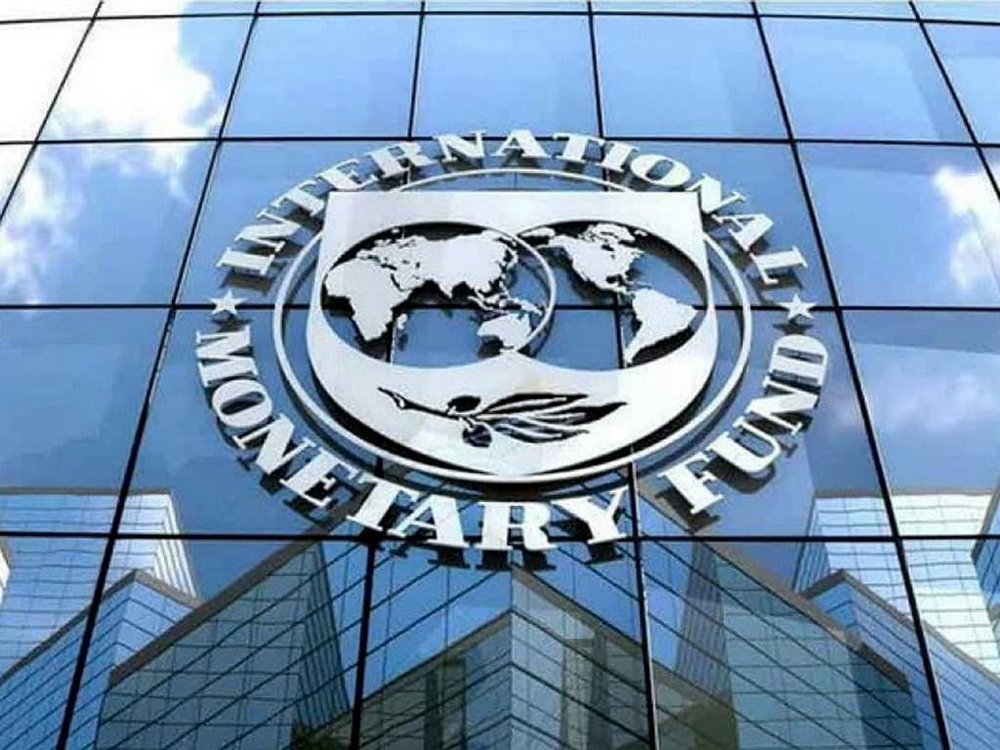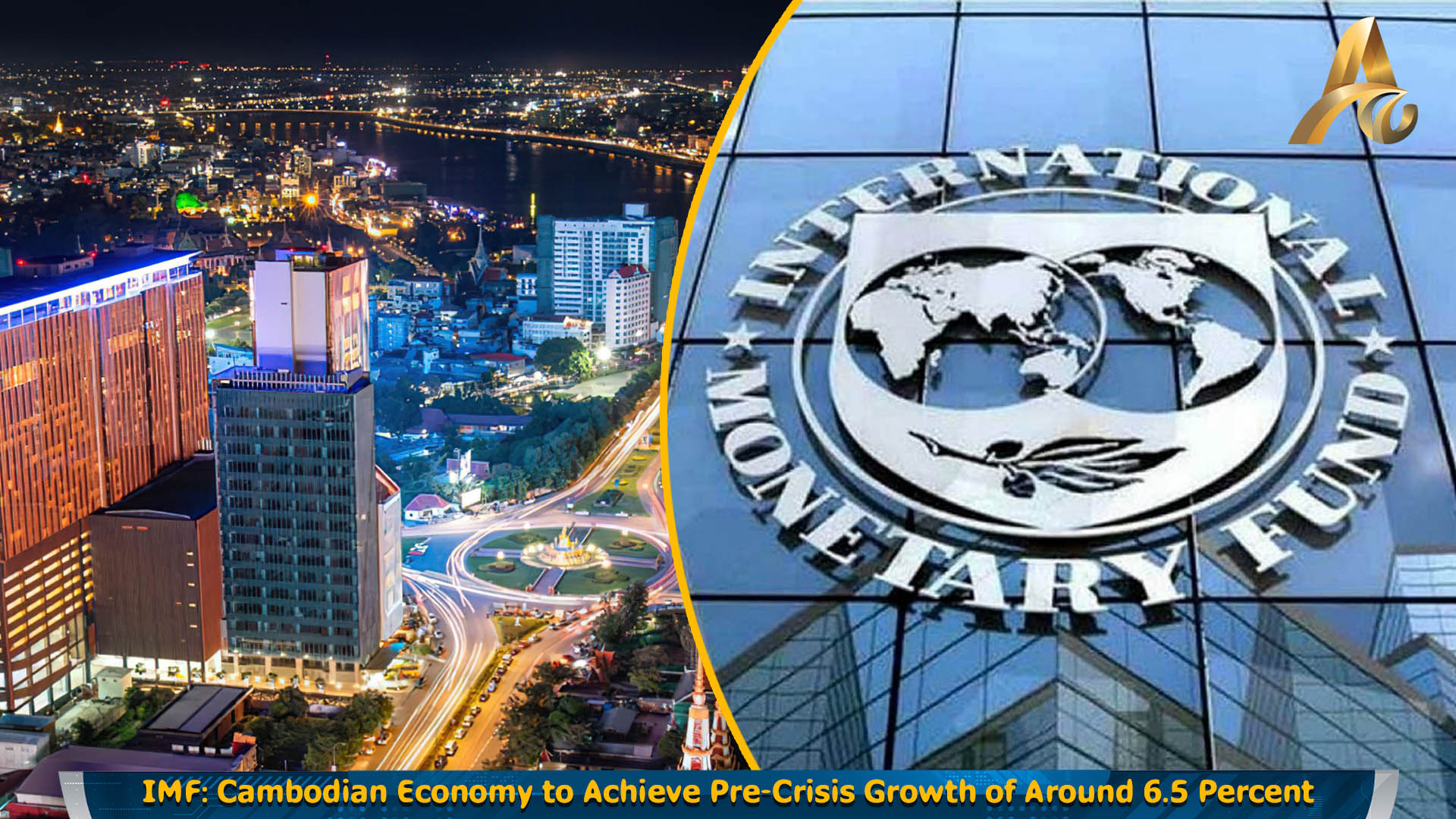PHNOM PENH: The International Monetary Fund foresees Cambodian economy to gradually recover from the Covid-19 pandemic leading to a pre-crisis growth of around 6.5% in the medium term. The data was released during its annual assessment of Cambodia on Thursday. It says that the external demand was being fueled by buoyant recoveries in the United States, China and Europe.
The IMF has also revealed that the GDP growth is expected to be a bit more than 2.0%t his year before rising to around 6.5%, supported by transfers to households and robust capital spending after shrinking by an estimated 3.1% last year.
It states, “Assuming tourism resumes but takes some time to recover to pre-crisis levels, near-term growth mostly depends on manufacturing and other services. But over-supply in commercial and residential properties is likely to see growth in construction and real estate remain subdued, compared to pre-crisis years.”
The IMF has added that financial inflows mainly in the form of foreign direct investment are expected to continue to be strong over the medium term. Downside risks are seen in three areas — the still raging global pandemic, potentially inadequate provisioning and weak capital buffers in bank loan portfolios along with recent droughts and floods.
IMF highlights, “Trade and investment liberalisation has helped Cambodia to move from dependence on agriculture toward light manufacturing,” the report said.
“However, so far this has been limited mainly to relatively low-skill value-added activities. Diversifying and raising value added requires continued progress on ‘horizontal’ policies to boost fundamentals such as institutions, education, and technological readiness.”























